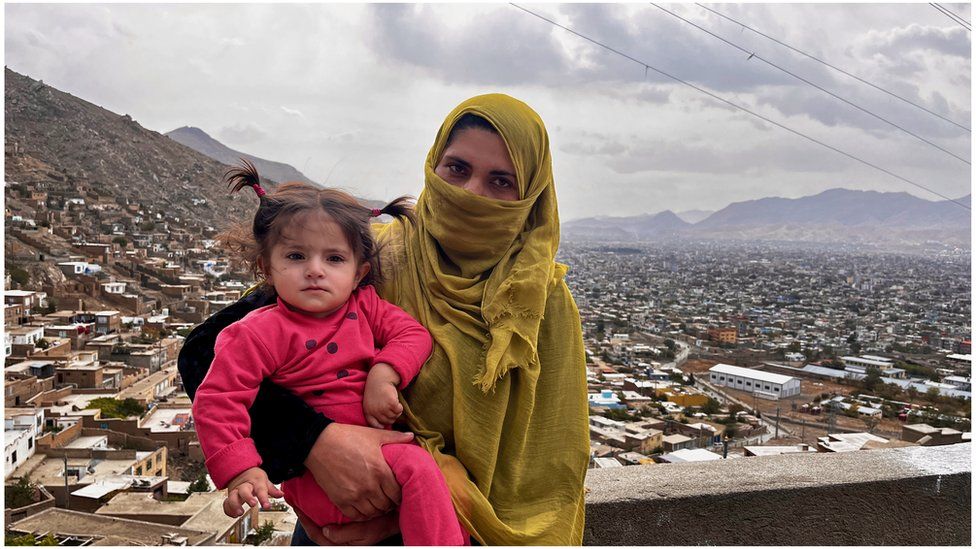-

-
-
Loading

Loading

Sohaila Niyazi, a widow living in eastern Kabul, hasn't been able to buy milk for her 15-month-old daughter in two months. Instead, she fills the feeding bottle with tea or soaks bread in tea to feed her. However, the tea provides no nutritional value for her baby. Sohaila is one of the 10 million people in Afghanistan who have stopped receiving emergency food assistance from the UN World Food Programme (WFP) due to funding cuts. This is a devastating blow for the two million households run by women in the country. Sohaila cannot go out to work under Taliban rule to feed her family. There have been nights when they have had nothing to eat, and she even gives her baby "sleep medicine" to calm her hunger. The medicine she gives her daughter is a common antihistamine, which has sedation as a side effect. While it's less harmful than other drugs given to hungry children, in higher doses, it can cause respiratory distress. Sohaila's husband was killed in crossfire, and she relied on aid from the WFP after his death. However, the WFP can now only provide supplies to three million people, less than a quarter of those facing acute hunger. Sohaila and her baby are entirely reliant on donations from relatives or neighbors. Baby Husna is moderately malnourished, one of over three million children suffering from malnutrition in Afghanistan. The country is currently experiencing the worst levels of malnutrition, and aid that prevented healthcare from collapsing has been withdrawn. The International Committee of the Red Cross (ICRC) was paying salaries of health workers and funding medicines and food at hospitals, but due to lack of resources, the aid has been withdrawn from most health facilities, including the only children's hospital in Kabul. The Taliban-appointed medical director of the hospital states that doctors and nurses' salaries have been reduced by half. The malnutrition ward is full, and many days they have to accommodate more than one child in a bed. The situation is dire, leaving many Afghans unsure of where their next meal will come from. The Taliban government claims that aid has been cut because donor countries' economies are struggling and because of two major calamities, Covid and the war in Ukraine. They aim to become self-reliant by stabilizing the economy and creating jobs through mining contracts. However, many Afghans are skeptical of the Taliban's ability to solve the crisis. The article also highlights the struggles of a woman in Kabul who has been prohibited by the Taliban from selling goods on the street to provide for her four children. She has been forced to send her 12-year-old son to work. Before the Taliban takeover, foreign money made up three-quarters of public spending, but it was stopped in 2021, sending the economy into a downward spiral. Aid agencies provided temporary support, but much of the funding has now disappeared. The situation is severe, with millions of people surviving on dry bread and water, and some may not survive the winter.